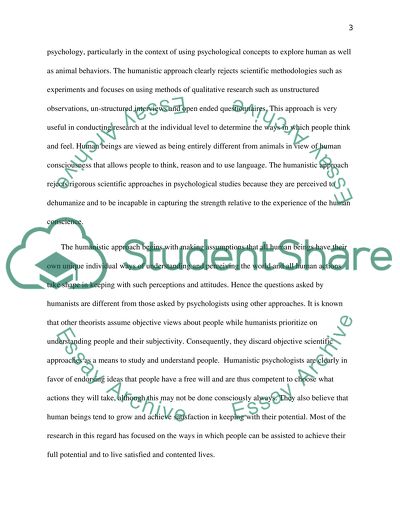Cite this document
(“Critical Analysis of the Humanistic Approach and Person-Centred Essay”, n.d.)
Retrieved from https://studentshare.org/psychology/1443265-critical-analysis-of-the-humanistic-approach-and
Retrieved from https://studentshare.org/psychology/1443265-critical-analysis-of-the-humanistic-approach-and
(Critical Analysis of the Humanistic Approach and Person-Centred Essay)
https://studentshare.org/psychology/1443265-critical-analysis-of-the-humanistic-approach-and.
https://studentshare.org/psychology/1443265-critical-analysis-of-the-humanistic-approach-and.
“Critical Analysis of the Humanistic Approach and Person-Centred Essay”, n.d. https://studentshare.org/psychology/1443265-critical-analysis-of-the-humanistic-approach-and.


